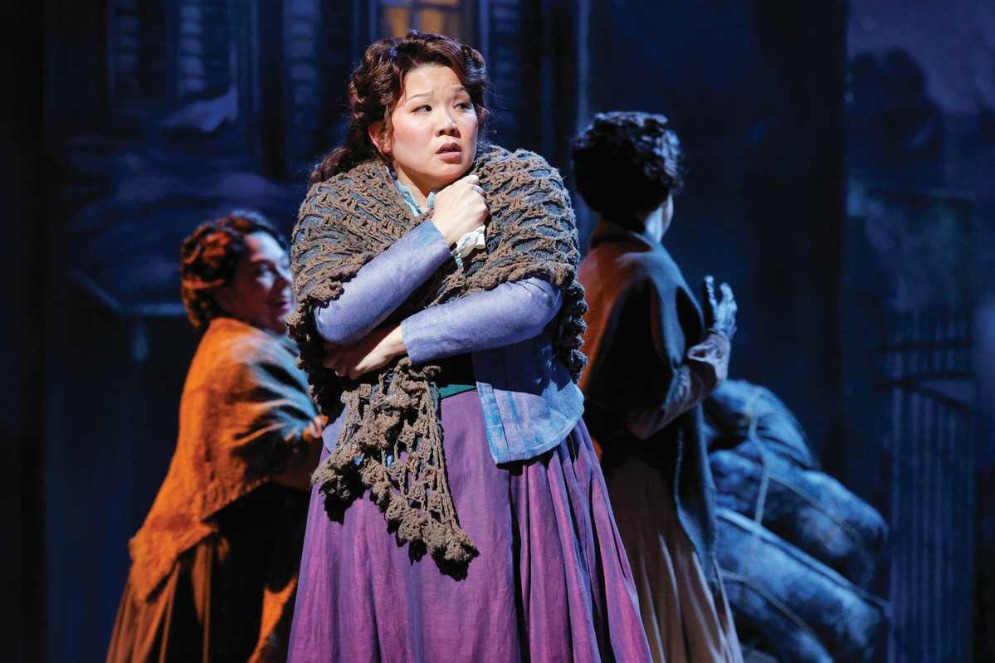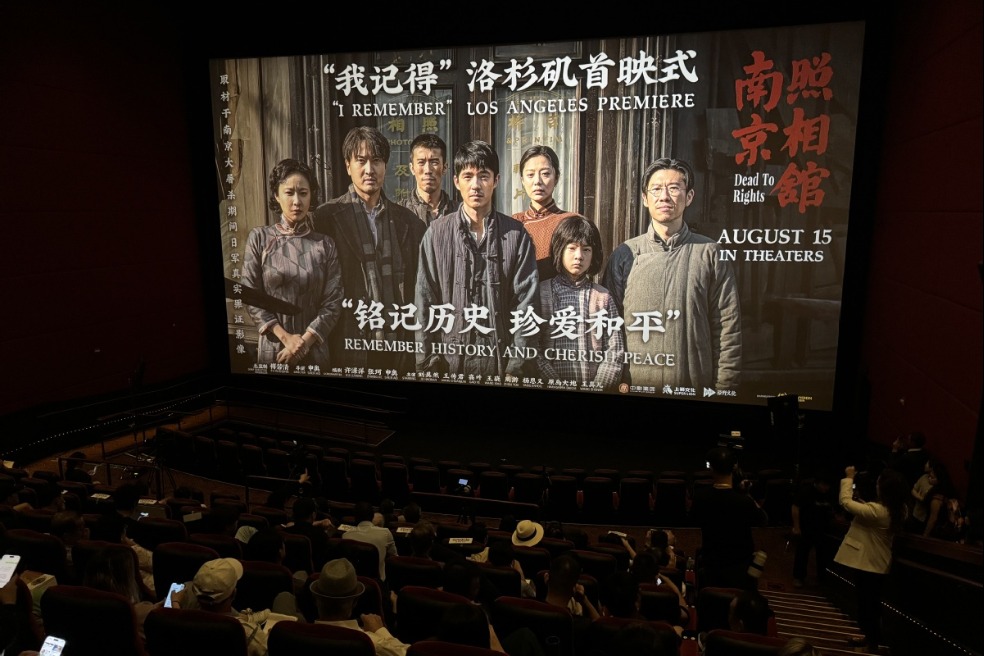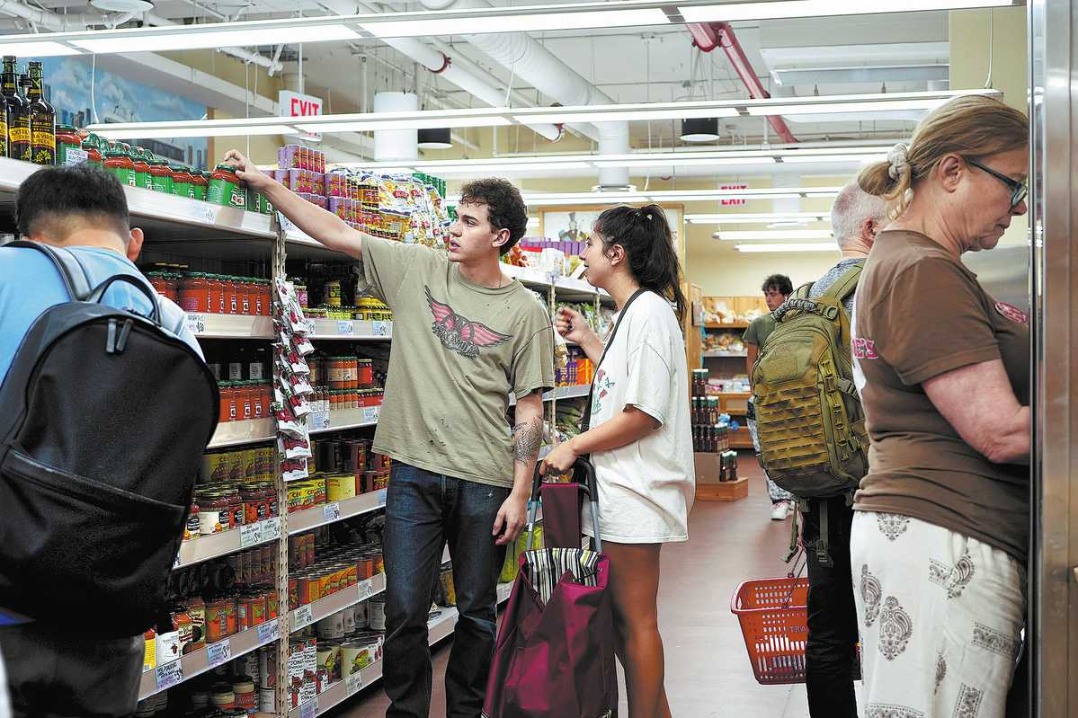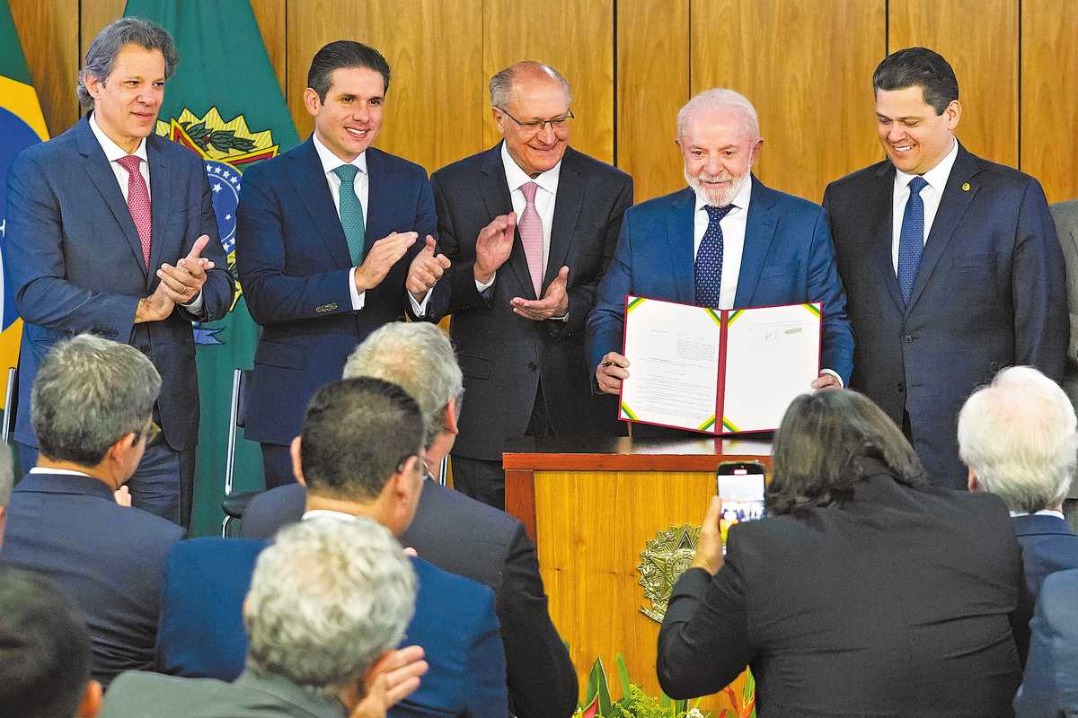The changing face of Indonesian elections


As Indonesia gears up for its presidential election on April 17, the vote, which will be held concurrently with parliamentary elections, will see a rematch between the two candidates who faced off in 2014: incumbent President Joko "Jokowi" Widodo and Prabowo Subianto, former commander of the Indonesian special forces.
Key events in recent years make this election very different from the previous one.
The 2017 jailing of the former governor of Jakarta, Basuki Tjahaja Purnama, known as Ahok, to some extent has had an impact on national politics. Purnama, an ethnic Chinese, was sentenced to two years in prison on a blasphemy charge after angering Muslim hard-liners, and lost the re-election as governor. In January this year, Purnama was released early after serving 20 months.
The government is now more prepared and willing to take actions for public order.
The latest opinion polls indicate that Jokowi is leading by about 10 to 15 percent. However, the final result is likely to be more competitive, partly because of a relatively sizable swing vote.
In 2014, at the beginning of the election campaigns, Jokowi enjoyed a wide margin over Prabowo. This gradually dwindled as voting day approached, and the final result showed a gap between them of only about 5 percent.
This time around, Jokowi should get a fuller mandate from supporters. For Prabowo, this is his third attempt for the presidency, having lost bids in 2009 and 2014. This election would be his last chance.
Fake news and misinformation loom large in this election, making it harder to evaluate clear major policy differences between candidates. Subsequently, both Jokowi and Prabowo are being drawn more into trivial issues instead of substantive ones.
Sectarian issues keep arising, since they are deemed effective to sway voters. This is one reason why Jokowi chose the prominent conservative cleric Ma'ruf Amin as his running mate.
Ma'ruf is head of the Indonesian Ulema Council, the country's top Muslim clerical body, and served as the spiritual leader of the Islamic organization Nahdlatul Ulama.
On the economic front, the debate tends to be in favor of Prabowo, since some key issues make Jokowi vulnerable. The nation's economic growth has been off target. It grew about 5 percent over the past four years, falling short of the 7 percent target that Jokowi promised in 2014.
This is accompanied by other problems like the trade deficit, a weak currency, lack of job creation, relatively high food prices and the slowing growth of the manufacturing sector. But government moves are addressing these, and over time people are expected to better understand the impact of external factors on the economy.
While the ultimate results have yet to be seen, the public's appreciation for the developments has contributed to Jokowi's high approval rating-about 70 percent in January.
However, oddly enough, high public approval for Jokowi does not automatically translate into greater political support. His electability seems to remain at about 52 to 54 percent. Somehow this trend does not seem to be an abnormal phenomenon in Indonesian elections. This shows the divided character of Indonesian voters.
As voters develop a more mature outlook in regard to elections, and as democracy matures further in Indonesia, the 2019 polls will, hopefully, run as smoothly as the previous ones.
Jusuf Wanandi is vice-chair of the board of trustees of the Center for Strategic and International Studies Foundation. Noory Okthariza is a researcher of politics and social change at the CSIS. The views do not necessarily reflect those of China Daily.

































